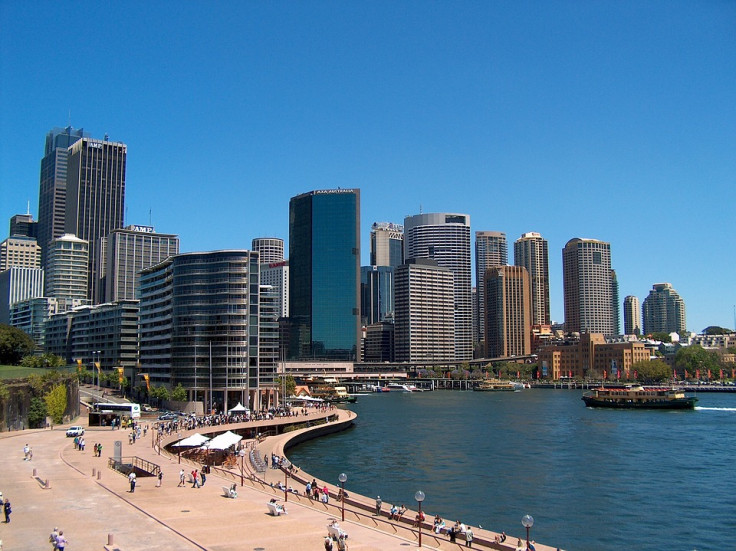Australia Elevates Terror Alert To 'Probable' Amid Rising Radicalization, Albanese Assures No Imminent Threat

The Australian government announced raising the official terror alert in the country to "probable" from "possible," due to rising radicalization following the Gaza war, even as prime Minister Anthony Albanese assured that there was no intelligence report of an imminent attack.
Announcing the rating level on Monday, Albanese said the change in security level was to enhance vigilance following reports that more Australians were "embracing extreme ideologies," reported The Guardian.
"I want to reassure Australians probable does not mean inevitable and it does not mean there is intelligence about an imminent threat or danger," Albanese said in Canberra. "But the advice that we have received is that more Australians are embracing a more diverse range of extreme ideologies and it is our responsibility to be vigilant."
He also warned political leaders against raising "the temperature of debate" amid security concerns.
"When the temperature of the security environment is rising, we must lower the temperature of debate – something I've been saying for some time," Albanese urged. "Our words and our actions matter."
Terrorism threat in Australia is rated on a five-level scale with "not expected" at the lowest level. "Probable" is mid-level with "expected" and "certain" are the next level, which is more serious.
"Probable" rating means a 50% chance of an onshore attack or a plan to attack in the next one year. In 2022, the security rating was lowered to "possible."
Intelligence officials pointed to the increased polarization in Australia and other Western countries due to the people losing trust in government and democratic processes, and cited the riots that broke out last week in the U.K.
Mike Burgess, chief of Australia Security Intelligence Organization (ASIO), denied that the higher rating was a direct response to the crisis in the Middle East. Burgess, however, warned as the crisis deepened, it could fuel further radicalization, The Conversation reported.
"As polarization, frustration and perceived injustices grow, ASIO anticipates an increase in politically motivated violence – including terrorism – across all ideological spectrums. Attacks are likely to occur with little to no warning and will be difficult to detect." Burgess urged Australians to be aware and vigilant, "but not afraid."
In the last four months, Australia witnessed eight attacks that were being investigated as potential terror acts.
© Copyright 2025 IBTimes AU. All rights reserved.





















